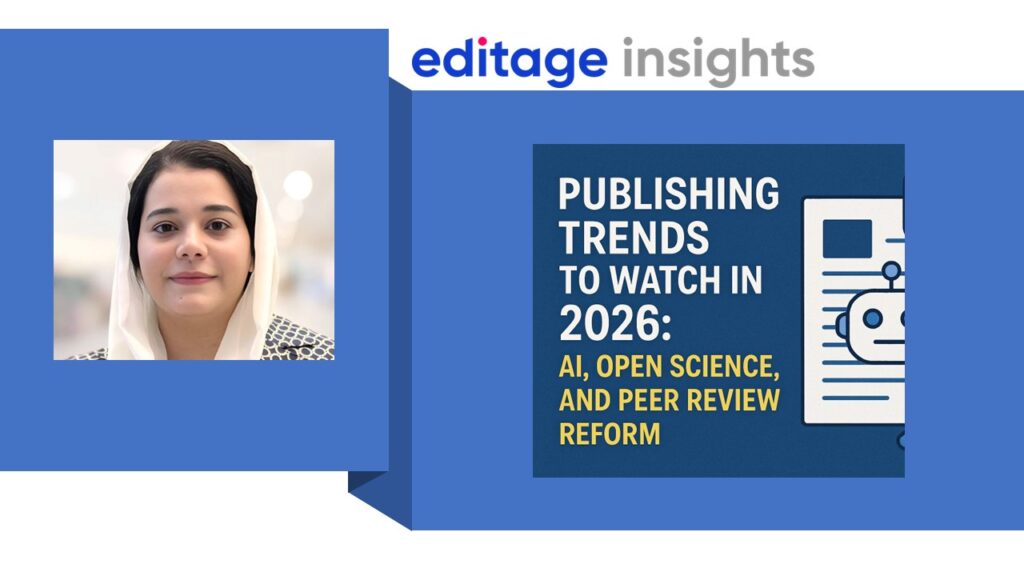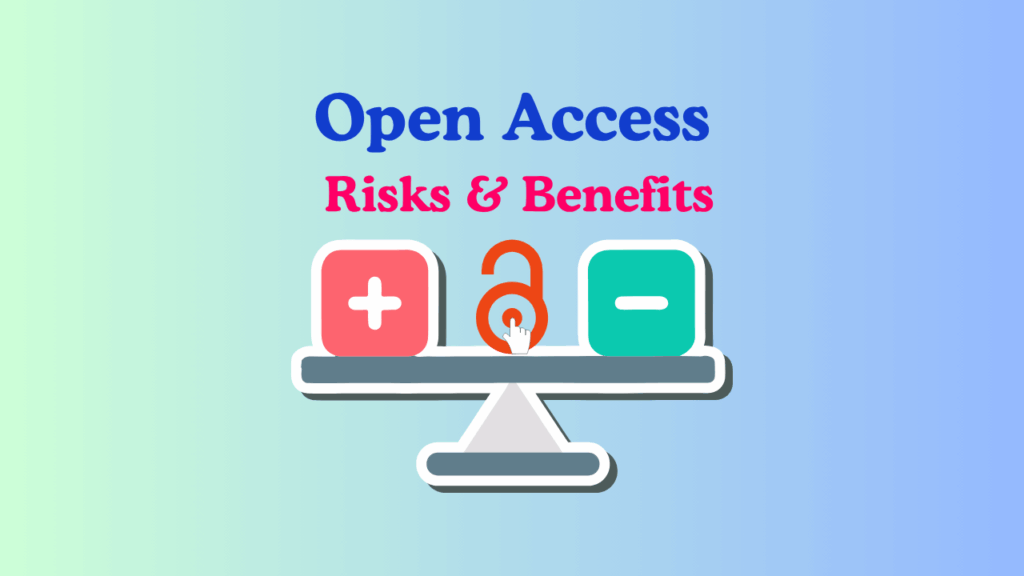Post-publication peer review—an unexplored avenue

Although the pace of scientific progress has been rapid, at times, its momentum falters due to stumbling blocks such as irreproducibility of research, fraudulent publications, and honest mistakes. To weed out such instances, all published research undergoes pre-publication peer review. Despite this, bad science sometimes finds its way to publication.
One of the predominant ways through which flawed research comes to light after it is published is post-publication peer review. An example of this is the recent controversy over the STAP stem cell research. The STAP stem cell research was deemed as groundbreaking, but soon after its publication, fellow researchers found that the claims were improper, considering the study’s irreproducibility. Post-publication review can, thus, be extremely efficient in ratifying published research.
What distinguishes pre-publication review from post-publication review? These are some of the crucial aspects1:
- Validation: In pre-publication peer review, research is screened by two or three peers of the author. Thus, the odds of them spotting every small detail that can raise questions about the credibility of the research are few. In post-publication peer review, the entire scientific community can review the research.
- Transparency: Unlike the traditional peer review, which is largely secretive and involves only a selected number of peers, post-publication peer review is open for all who wish to validate the published research. Moreover, it can be direct wherein fellow researchers can openly publish their views about the research, or indirect, wherein they can write to the journal that published the research, contact the authors themselves, or post their review openly but anonymously.
- Communication: Traditional peer review is an exchange of views between the editors, peer reviewers, and authors. On the other hand, post-publication peer review is a communication between experts in the field and the community at large. In this case, the experts’ opinions need to be compelling enough to attract attention and discussion. Pre-publication assessment, on the other hand, relies on reviewers’ judgment irrespective of its coerciveness.
In today’s age of online publication, sharing reviews on published research has become easy. Experts in the field can cite a paper and share their viewpoints on it on their personal blogs. However, the difficulty is that the author may not know that his/her work is being discussed as there is no connection between the publishers’ version of the article and the blog post. However, in recent times, post-publication peer review has been redesigned by some third parties. Some of the available platforms are2:
1. PubPeer: It allows users to make comments on almost any article that has a DOI, but the site is separate from publishers’ web pages.
2. PubMed Commons: This platform is built into PubMed for using comments. Currently in a pilot phase, PubMed Commons invites authors of PubMed papers to join and comment on papers. The review is not anonymous.
3. Open Review: This tool is built by the academic social network ResearchGate. It encourages authors to publish open feedback to papers published on the network. The feature combines a structured feedback mechanism with commenting facilities3.
Despite these avenues to comment effectively on published research, not everyone in the scientific community are intent on using them. There are various reasons for this. Some authors are not enthusiastic about offering their review because they do not wish to upset their peers by critiquing their research. Moreover, personal reasons such as not giving away ideas on improvisation and pathways for further research could come into play. Interestingly, some authors are not open to their research being publicly commented on; one of the reasons for this could be the fear of being a victim of professional jealousy or biases. Richard Smith, who served as an editor of the British Medical Journal (BMJ) and is director of the United Health Group’s chronic disease initiative, feels that there is a lack of incentive for researchers to comment on published research. In a similar thread, Kent Anderson, who blogs on The Scholarly Kitchen writes that probably the belief that published findings could be incorrect and the hope of correcting them might work as an incentive for some. Due to these reasons, post-publication peer review remains largely an unexplored discourse.
The most peculiar characteristic about science is that it is based on facts that are open to scrutiny and questioning; the smallest level of incredibility can overthrow a big theory, whereas replication of findings can lead to acceptance of a theory as a fact. This robust and ever-evolving nature of science has its roots in post-publication peer review. According to Michael Eisen, a biologist at UC Berkeley and an Investigator of the Howard Hughes Medical Institute, “The biggest problem in science communication today is the disproportionate value we place on where papers are published when assessing the validity and importance of a work of science.” As he rightly points out, the real test of any research is its application in the real world and its universal reproducibility. Ultimately, it is the fellow research community that can assess and validate the credibility of any piece of scientific work. And hence, post-publication peer review should gain a wider acceptance.
What are your views about the efficiency of post-publication peer review? Please share your thoughts.
1. http://futureofscipub.wordpress.com/open-post-publication-peer-review/
2. http://blogs.scientificamerican.com/information-culture/2014/03/26/post-…
3.http://gigaom.com/2014/03/14/academic-social-network-researchgate-aids-d…




